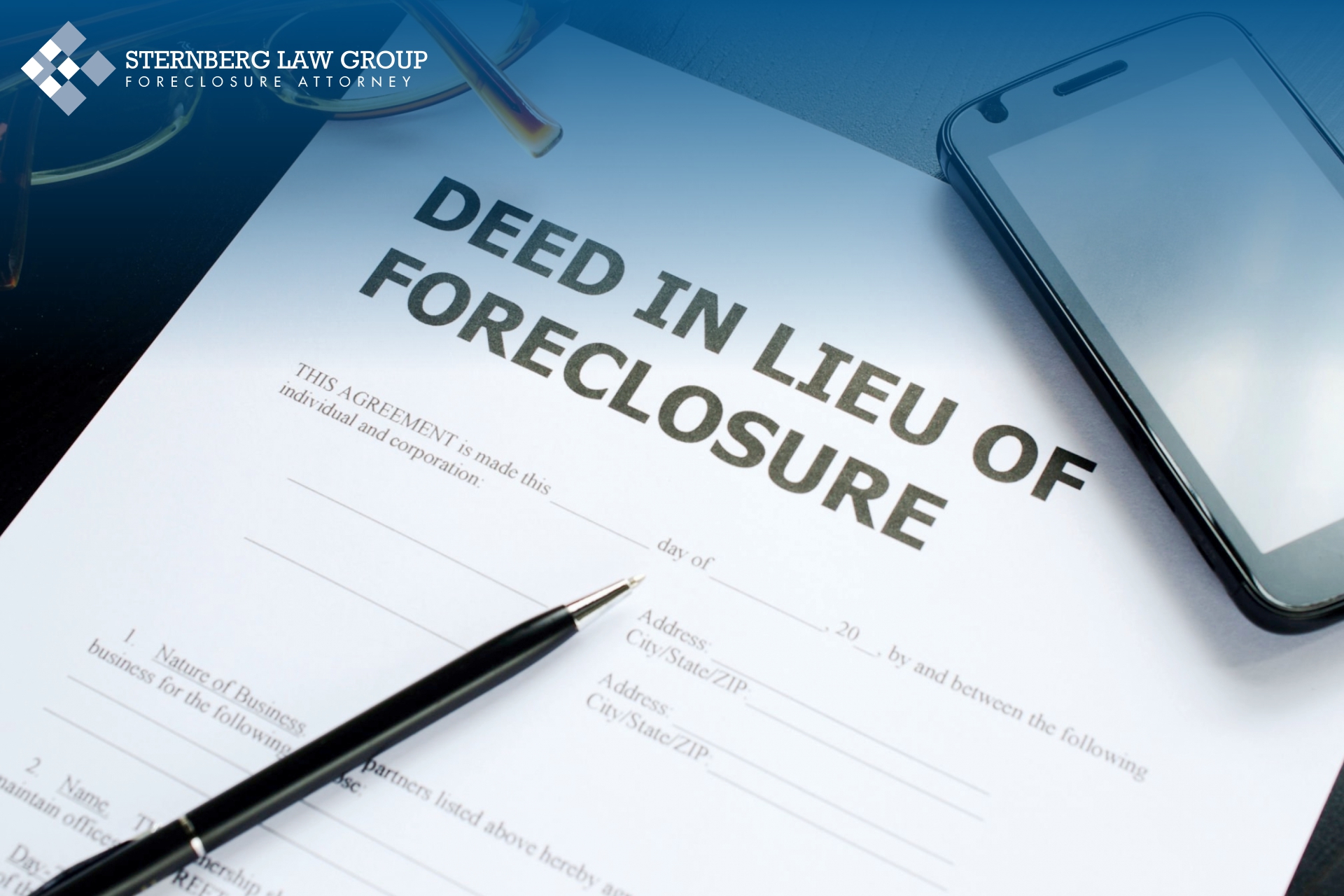Navigating foreclosure can be one of the most stressful and overwhelming experiences for any homeowner. However, understanding the foreclosure process and knowing your options can significantly ease the burden. This comprehensive guide is designed to help homeowners by providing detailed information on what foreclosure entails, how it works, and the strategies that can prevent or manage it effectively.

What is Foreclosure?
Foreclosure is a legal process initiated by a mortgage lender when a borrower fails to meet their mortgage obligations, typically by missing payments. The process allows the lender to take possession of the property and sell it to recover the outstanding mortgage debt. While foreclosure is a last resort for lenders, it is a significant risk for homeowners who are struggling financially.
Recognizing the Early Signs of Foreclosure
Foreclosure doesn’t happen overnight; there are warning signs that homeowners should be aware of, which may indicate financial trouble ahead:
- Missed Mortgage Payments: The most obvious and critical sign is missing one or more mortgage payments. While a single missed payment might be manageable, consistent missed payments are a red flag that should not be ignored.
- Increased Communication from Your Lender: If you’ve started missing payments, your lender will likely begin contacting you more frequently, either through letters, emails, or phone calls, to discuss the missed payments and explore solutions.
- Receiving Foreclosure Notices: Should the situation worsen, you may start receiving formal foreclosure notices from your lender. These notices are legal documents that inform you of the lender’s intent to begin foreclosure proceedings if the default is not addressed.
 Understanding the Foreclosure Process
Understanding the Foreclosure Process
The foreclosure process can vary by state, but it generally follows a similar sequence of events:
- Notice of Default: After you miss a certain number of mortgage payments (usually three to six months), the lender will issue a Notice of Default. This is an official document that informs you of the missed payments and provides a specific timeframe within which you can remedy the default.
- Acceleration Clause Activation: Many mortgage agreements include an acceleration clause, which allows the lender to demand the full repayment of the loan balance if you default. If this clause is activated, you will be required to pay the entire mortgage amount, not just the missed payments.
- Legal Proceedings: If the default is not cured, the lender may file a lawsuit to initiate foreclosure. This is often referred to as a “judicial foreclosure.” In some states, lenders can pursue a “non-judicial foreclosure,” which doesn’t require court approval and can proceed more quickly.
- Auction and Sale of the Property: Once the foreclosure is approved, the property is typically sold at a public auction. The proceeds from the sale are used to pay off the remaining mortgage debt, as well as any associated legal fees and costs. If the sale does not cover the full amount owed, the lender may seek a deficiency judgment to recover the remaining balance from the homeowner.
 Strategies for Preventing Foreclosure
Strategies for Preventing Foreclosure
Preventing foreclosure requires proactive steps and open communication with your lender. Here are some strategies that can help:
- Immediate Communication with Your Lender: The moment you anticipate difficulty in making your mortgage payments, contact your lender. Lenders often prefer to work with homeowners to find a solution rather than go through the lengthy and costly foreclosure process.
- Establish a Repayment Plan: Discuss the possibility of setting up a repayment plan with your lender. This plan may allow you to catch up on missed payments over time, spreading the amount over several months to make it more manageable.
- Explore Loan Modification Options: Loan modification involves changing the terms of your mortgage to make payments more affordable. This could include extending the loan term, reducing the interest rate, or adding missed payments to the loan balance.
- Consider Forbearance: Forbearance is an agreement between you and your lender to temporarily reduce or pause mortgage payments. This option can provide short-term relief, especially if your financial difficulties are expected to be temporary.
 Foreclosure Alternatives
Foreclosure Alternatives
If foreclosure seems unavoidable, there are alternatives that can help minimize the impact on your financial future:
- Deed in Lieu of Foreclosure: This option allows you to voluntarily transfer the ownership of your property to the lender, effectively giving up the home. In return, the lender agrees to cancel the foreclosure process, and in some cases, forgives any remaining debt.
- Short Sale: In a short sale, you sell your home for less than the amount you owe on the mortgage. The lender must agree to the sale, and while it will not cover the full loan balance, it is often preferable to foreclosure for both parties.
- Bankruptcy: Filing for bankruptcy can temporarily halt foreclosure proceedings, giving you time to reorganize your finances. Bankruptcy is complex with long-term effects, so consult a legal professional before proceeding.
 Additional Resources for Homeowners
Additional Resources for Homeowners
Navigating foreclosure can be complex, but you don’t have to do it alone. Various resources are available to help you through this challenging time:
- Housing Counseling Agencies: These organizations offer free or low-cost counseling services to homeowners at risk of foreclosure. Certified housing counselors can help you understand your options and work with your lender to find a solution.
- Government Assistance Programs: Numerous federal and state programs provide assistance to struggling homeowners. Programs such as the Home Affordable Modification Program (HAMP) and the Home Affordable Refinance Program (HARP) have helped many homeowners reduce their mortgage payments or refinance their loans.
- Legal Aid Services: If you cannot afford an attorney, you may qualify for free legal assistance through local legal aid organizations. These services can provide critical help in navigating the legal aspects of foreclosure.
Take Action Early
Facing foreclosure is tough, but acting early can greatly improve your chances of keeping your home. Don’t hesitate to seek help from professionals, whether it’s a housing counselor, a legal advisor, or a financial expert. Understanding foreclosure and exploring options helps you take control and work towards financial security.
Facing foreclosure? Don’t wait—take action now. Visit Gold Homes LLC to explore your options and get the support you need to protect your home.
